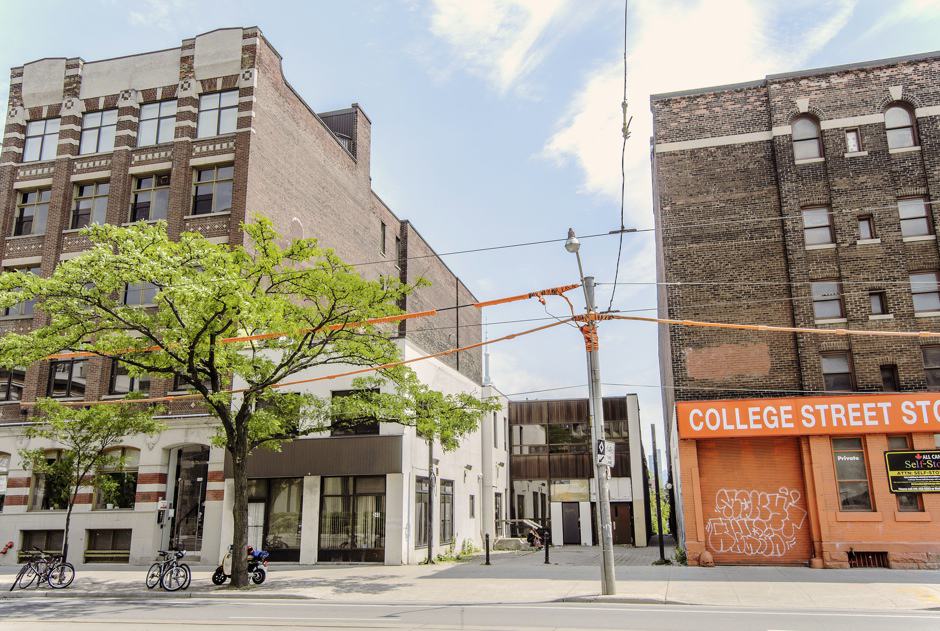Some U of T students are expressing concern over a recently approved 25-storey student residence to be built at 245 College Street. The residence was recently approved by the Ontario Municipal Board (OMB), a provincial body concerned with land-development and management, in a decision that overruled Toronto and East York Community Council members.
The OMB approved an appeal by Knightstone Capital Management, the private developer tasked with building the residence. Neighbourhood associations and residents also expressed concern over the approval.
In 2008, Knightstone first approached the university with a proposal aimed at consolidating Knightstone property on College Street with the university’s smaller neighbouring lot.
Ontario universities receive the lowest per-student funding in Canada, prompting some schools to pursue private partnerships in high-cost areas such as residence and infrastructure construction.
“There is a growing need for student housing across all three U of T campuses. A recent report identified a need for almost 2,000 new residence spaces on the St. George campus alone between now and 2020,” said Michael Kurts, assistant-vice-president, strategic communications and marketing. Kurts added that the need for more residence spaces has been the driving force behind the expansion.
University of Toronto Students’ Union president Yolen Bollo-Kamara agreed that residence expansion was necessary, noting the shortage of affordable student housing near the St. George campus. However, she questioned the circumstances of the project.
“I’m concerned that students at this residence will not have access to the same amenities and institutional support as they would at any other U of T residence,” she said, adding: “This could be the beginning of a harmful trend, with the university ceding its responsibility to ensure adequate student housing to private companies with little to no institutional oversight.”
Abdullah Shihipar, president of the Arts and Science Students’ Union, shared Bollo-Kamara’s concerns.
“I am also wary of the privatization of this residence. As we have seen with some services at U of T, such as food services, this may come at the expense of quality,” he said.
Shihipar also urged the university to consult with local residents and the community. Neighbourhood residents, including the Grange Community Association and the Harbord Village Residents’ Association, have protested the development since its inception.
The project received the OMB’s go-ahead after some changes were made in the scale of the building, which was the chief complaint raised by the city.
Knighstone initially proposed a 42-storey building. The new plan calls for 25 storeys.
Ray Kallio, a spokesperson for City of Toronto Legal Services, expressed concern over the university’s decision to go over the city’s head. “Council’s position remains that the proposed building is too massive and tall without appropriate setbacks and green space and will impact the houses to the south,” Kallio said.
“However, we respect the decision of the OMB,” he added.
Bollo-Kamara also expressed concern over a perceived lack of consultation on the project. “The university should see itself as part of the surrounding community and needs to demonstrate a commitment to working with stakeholders and ensuring adequate consultation,” she said.
The university also has plans to build a new student residence at Spadina and Sussex that will provide accommodation for 600 students.
Kurts assured that public consultation for that project is underway. “There have already been several public meetings to discuss the project,” said Kurts, adding: “Those meetings have involved the city, our local councillor, and residents from nearby neighbourhoods.”
The OMB’s approval process involves an appeal submitted by an organization, followed by a series of hearings where different sides offer evidence of their claims. An adjudicator then makes a judgement based on the evidence heard as to the legality and acceptability of the proposed project.
Less costly and less formal than a court, the OMB is a public, independent body that has jurisdiction to hear and approve appeals that have been rejected by city council.


